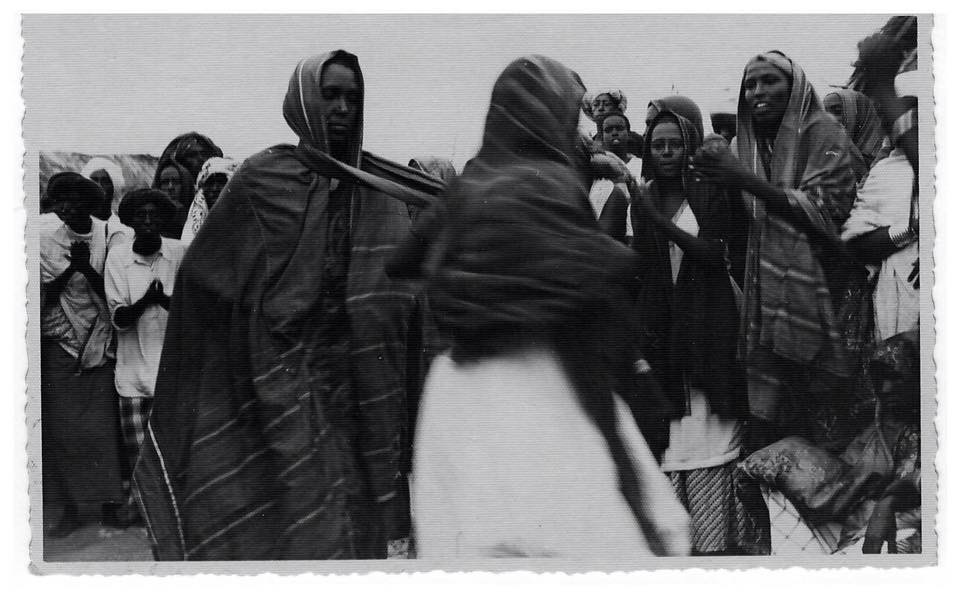❤️PenDrIbrahim
Female Genital Mutilation (FGM)

PenDrIbrahim – NPWJ works with women’s rights activists across the world to target female genital mutilation (FGM) and other forms of violence committed against women that are primarily being addressed as cultural issues, rather than as human rights violations.
In addition to female genital mutilation (FGM), these include forced and child marriage, marital rape, denial of reproductive rights, and other violations against women that are consequences of their subordinate status. For these violations, specific and effective legislative measures are needed to provide legitimacy, protection and essential legal tools both to women’s rights advocates working to turn the tide of social norms, and to victims and potential victims resisting societal expectations to be silent and acquiesce.
 What is Female Genital Mutilation (FGM)?
What is Female Genital Mutilation (FGM)?
Female Genital Mutilation (FGM) is a violation of human rights and a form of violence against women. The term describes all procedures that involve the partial or total removal of female genitalia or any other injuries to female genital organs, including cutting, slicing, piercing, excision of the clitoris, infibulation and any injury – often committed on religious or cultural grounds – undertaken for non-therapeutic reasons.
It is one of the most widespread and systematic violations of the human rights of women and girls. International law recognises FGM as a violation of human rights. The Convention on the Elimination of All Forms of Discrimination Against Women and the Convention on the Rights of the Child call on States Parties to eliminate harmful traditional practices, and the African Union Protocol to the Charter on Human and People’s Rights on the Rights of Women in Africa explicitly calls on states to prohibit and condemn FGM through the enactment of laws that aim at its elimination.
Each year, almost 3 million girls risk undergoing FGM and between 100 and 150 million women have already been subjected FGM. With varying prevalence, FGM is practiced in 28 African countries, in the Arabian Peninsula, the Middle East, and South and Southeast Asia. Historically it has been committed in Europe and North America, and immigration has reintroduced it in these countries, as well as in Australia, New Zealand and areas of Africa where it was not previously established.
FGM is harmful and traumatic both physically and psychologically. Immediate effects may include haemorrhage, inflammatory diseases and urinary tract infections. Long term consequences include chronic pain, infections, cysts and abscesses, painful sexual intercourse and increased risks at childbirth, including increased neonatal and maternal mortality and the formation of fistulae.
In Africa, 19 out of the 28 countries where it is practiced have adopted a national law to prohibit FGM. Effective national legislation is essential to consolidate an explicit commitment of the State against FGM. It provides the legal tools to legitimize and facilitate the work of anti-FGM activists and women’s rights groups, protects women and girls willing to challenge the social convention by refusing to be mutilated, and contributes to turning the tide of social norms.
PenDrIbrahim